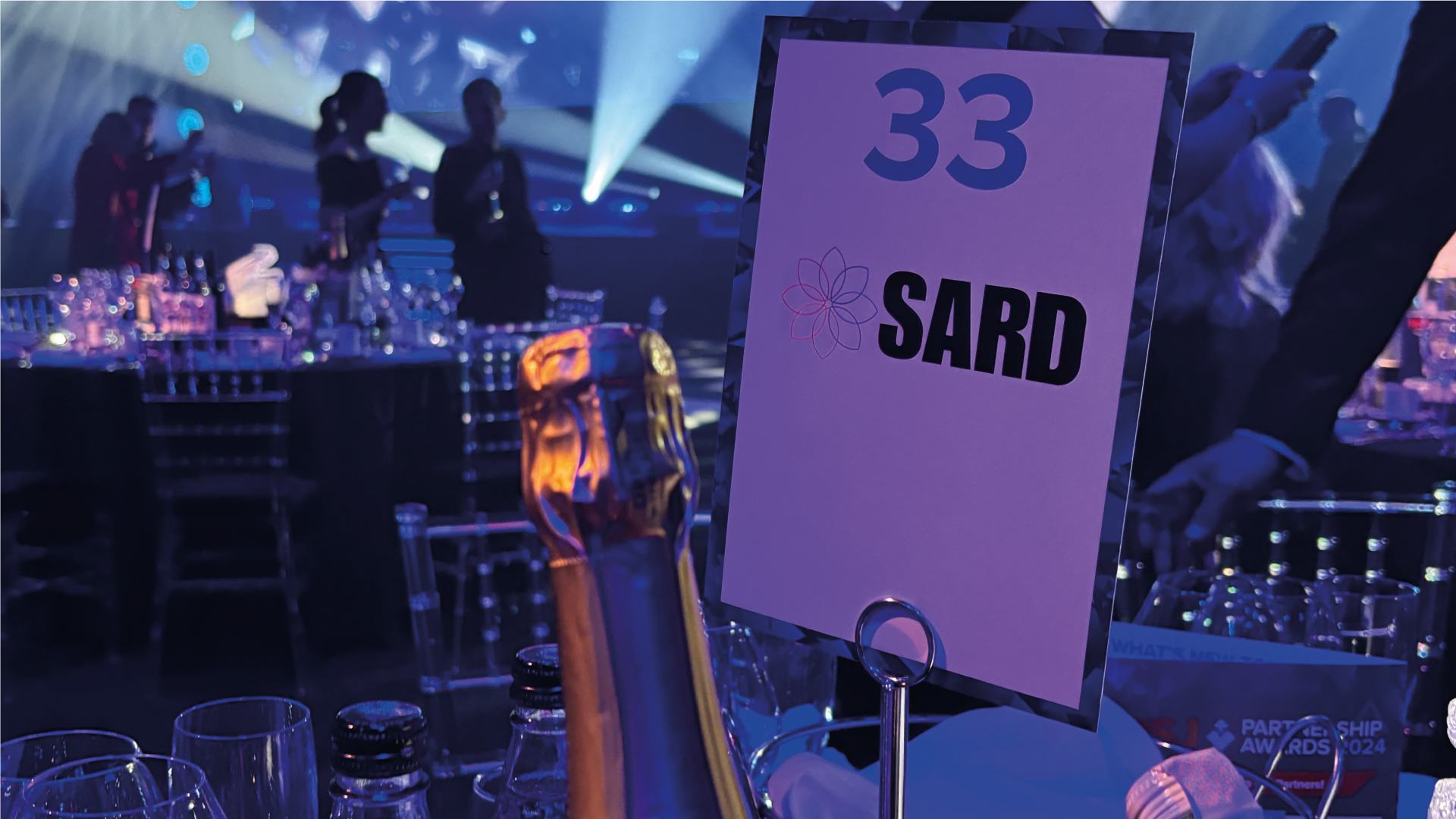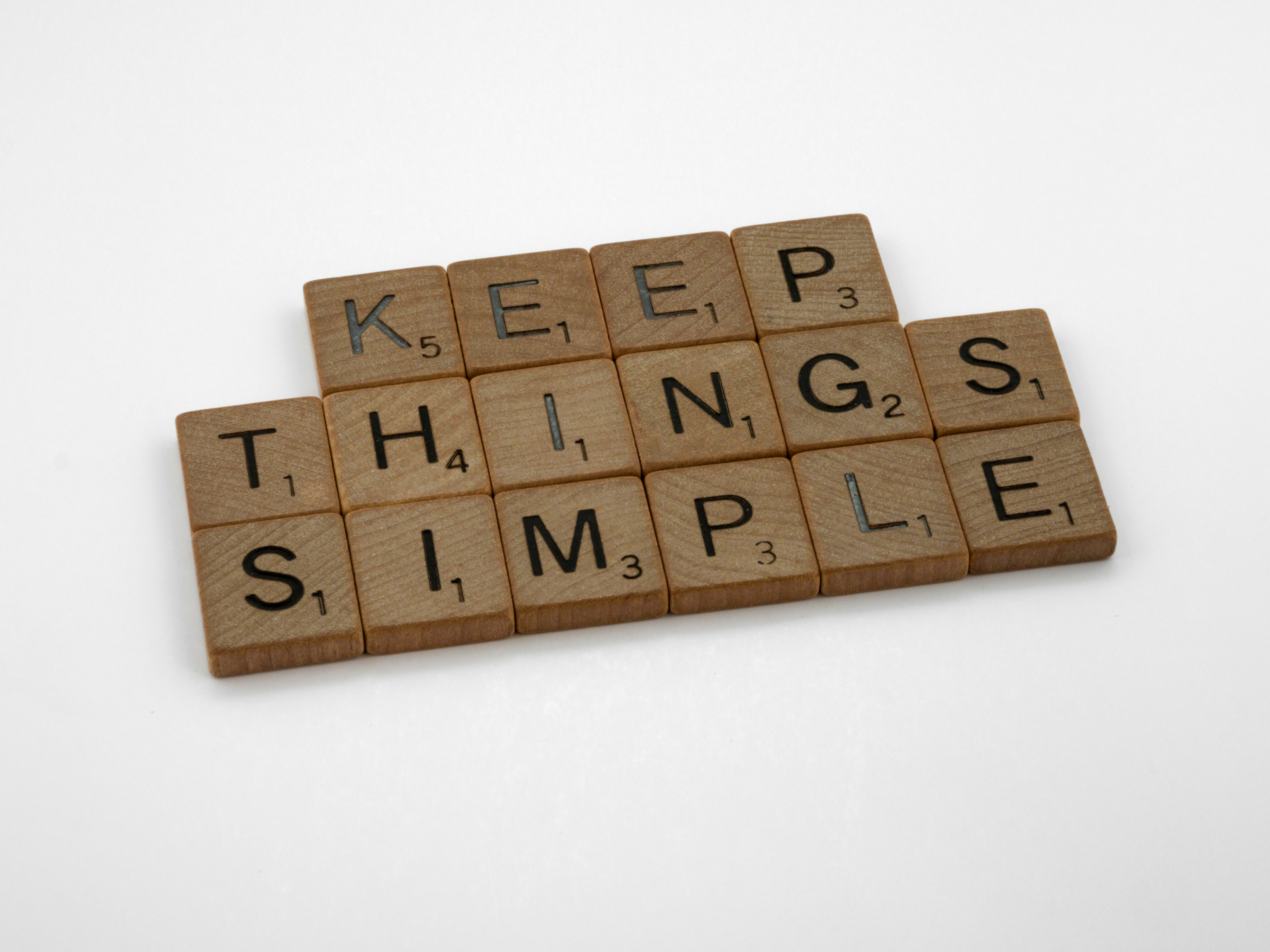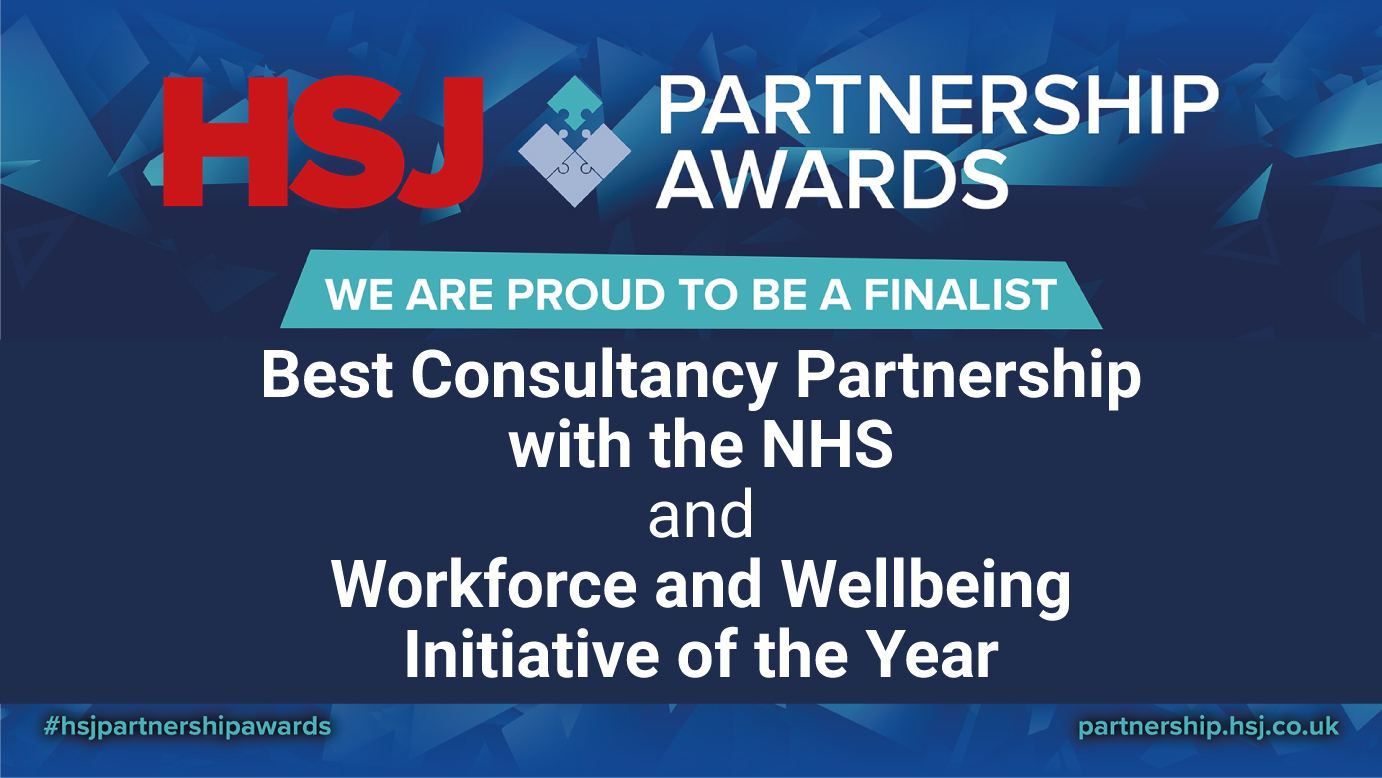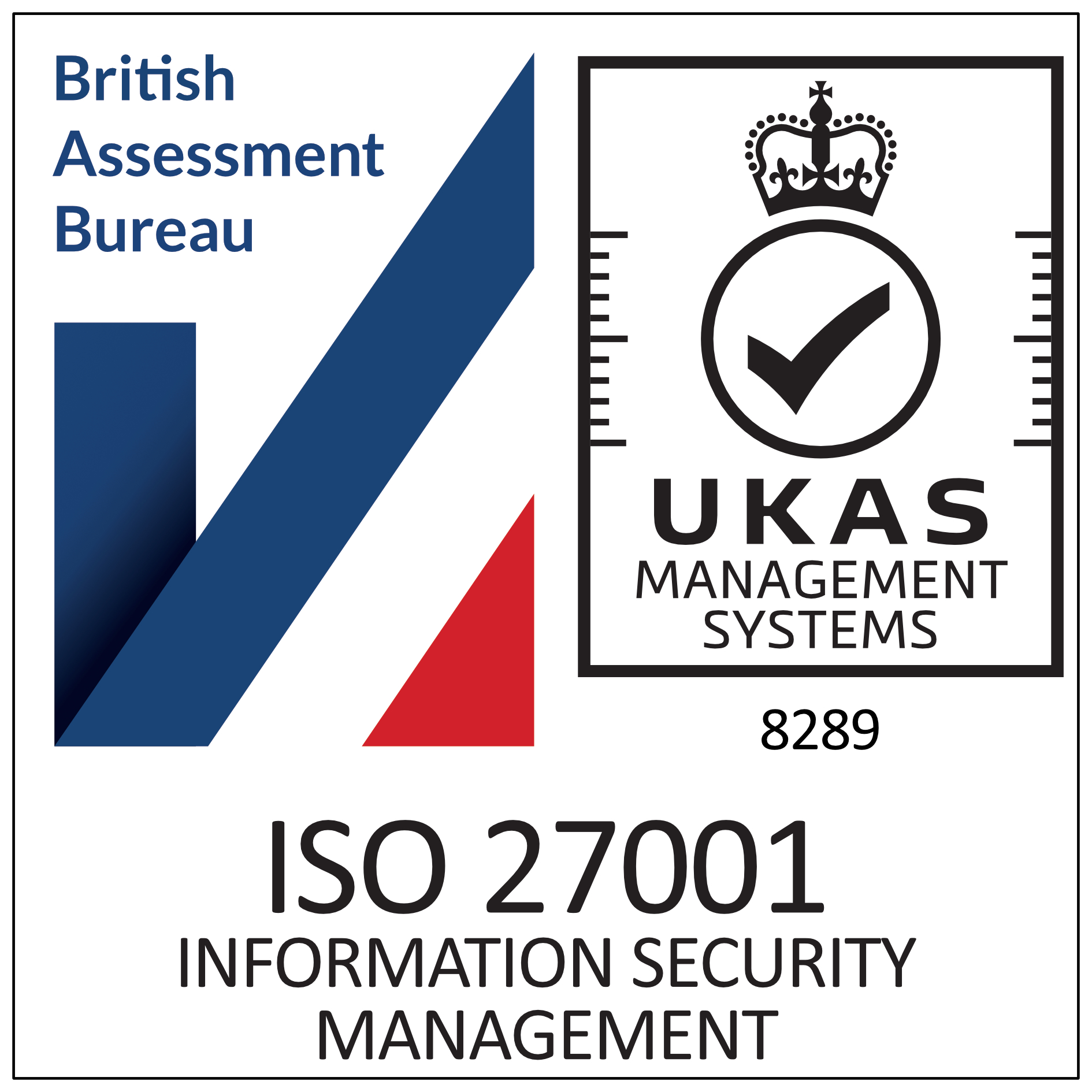The Golden Circle
"Why are you writing a blog about the golden circle, how is it relevant and what is it?" I hear you ask. Well the reason why I wanted to blog about this subject is that it echoes our beliefs as a business and a group, reflects how we operate on a day-to-day basis and the concepts can be identified in what we strive to achieve. I hope by reading this you will draw some clear familiarities between the golden circle and SARD JV.
The concept itself comes from leadership expert Simon Sinek; it is a simple yet very powerful model for how to run a business. It is not always widely adopted because different organisations have different approaches but I certainly feel it is something that can enhance the offering of a company. Why it exists, how it approaches projects and tasks and ultimately what it can offer you.
(If you are familiar with our website these terms may ring some bells!)
Many companies can explain to you ‘what’ they do; for us it is simple, we build software systems. Companies can also, importantly, tell you ‘how’ they do it; again for us, we work with our clients and partners to create solutions that really meet the needs of the organisations using them. But what really sets a company apart is ‘why’ they do it, and this for many is not an easy area to explain.
The drive to make money should not be a company’s main aim - it is a by-product of what you do. As part of my MA I studied Neo Classical Theory of the Firm, which suggests that all companies exist only to make profit. In a basic sense this is true - all companies need to make money in order to continue to trade and to pay wages - but is this the most important thing? The Golden Circle idea suggests that it isn’t, and I tend to agree, it needs to be more than that. If money is the main object, what you produce may well become secondary.
With his Golden Circle model, Simon Sinek points out that knowing ‘Why’ you do what you do is not enough in itself, but that is should be at the heart of your very existence as a company and should be the first thing you express.
He argues that the majority of businesses start with the ‘what’, then the ‘how’ and finally get to the ‘why’, but that this approach gets its priorities wrong.
"People do not buy what you do, they buy why you do it. The goal is to do business with people who believe what you believe."
To use one of Simon’s own examples, let’s consider the techy supergiant, Apple. He suggests that because of the way they operate they are able to cross boundaries that other similar companies (with the same level of expertise and resources) haven’t. For example, he asks, would you buy an MP3 player from Dell? The answer is generally no, because Dell are known as "a computer company". Instead, we run to buy an iPod from Apple. But Dell are as qualified to make MP3 players as Apple are - so ‘what’ they do is not in question. It is the ‘why’ that makes Apple the market leaders in MP3 players. This is evident in Apples core proposition: "Everything we do we believe in challenging the status quo, we believe in thinking differently". People are far more likely to buy into why you are doing something than simply what you are doing. Sinek suggests that this is not just an idea but is something deep rooted in the way the human brain works - we are instinctively drawn to values and reason rather than simply logic.
But how do we put this into practice? Understanding the theory is one thing, but how can a company that has spent years concentrating on what they do, undertake a u-turn and try to explain why they do it? At SARD, we believe it has to be something that is deeply rooted in the conception of the business in the first place, part of the culture and fabric of the organisation. This is not just a clever sales technique - it is a core belief.
So what does all this mean for us? Luckily for us, this model perfectly fits the way in which we naturally approach things. When Kevin and I started this company we had a very clear vision of why we were doing it - we wanted to offer something different. We also wanted to create a business that was different, unique and enjoyable for all those working for us and with us. A business that understood the real problems and looked to deliver solutions to meet those needs.
It is not by accident that the first thing you will see on our website is our philosophy:
"We believe in creating a work environment where we optimise the happiness of both our clients and team. We do this by undertaking meaningful work, with real integrity and only engage in developing solutions that we truly believe in. The core values that we hold close in life are reflected in everything we do at work."
Our philosophy changes how we do things, putting as much emphasis on system support as on system quality, and striving to build meaningful relationships with our clients. We only engage in things we believe in, and therefore we do them in such a way that helps them to work.
For me personally, having worked within the NHS for a number of years I wanted to offer something that would make life simpler for those using it; a system to support your processes, not define them. I am very proud to say that this is what we have achieved so far and will continue to strive to achieve in the future.
We ultimately believe in why we do what we do: to be happy and to make our customers happy.
If this idea interests you and you would like to know more then please take a look at Simon Sinek’s full talk on the golden circle.













